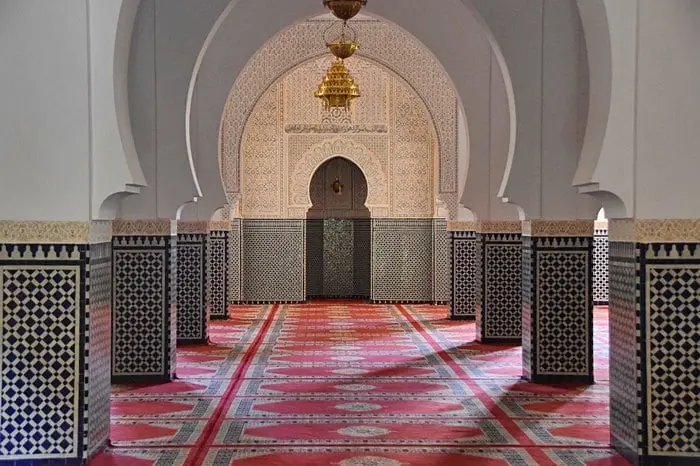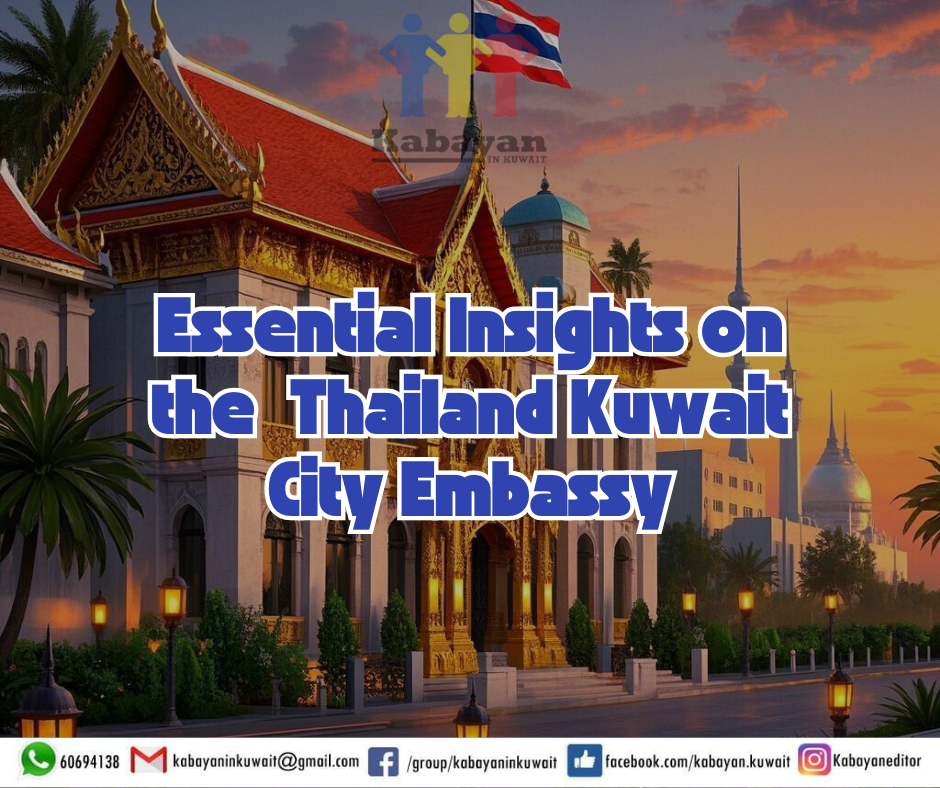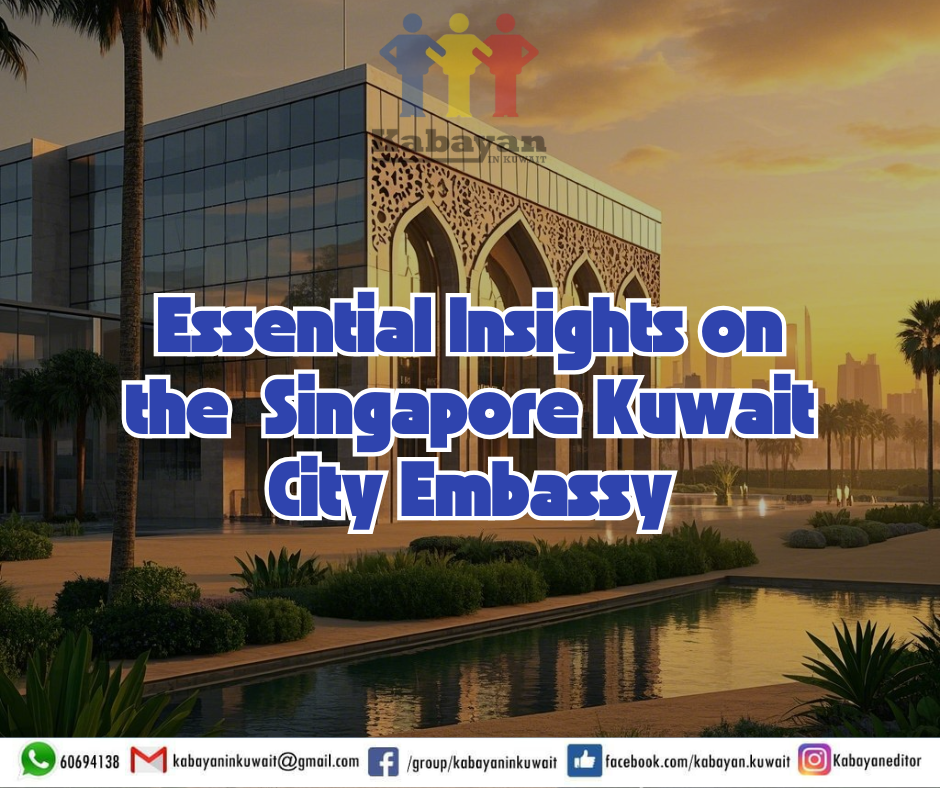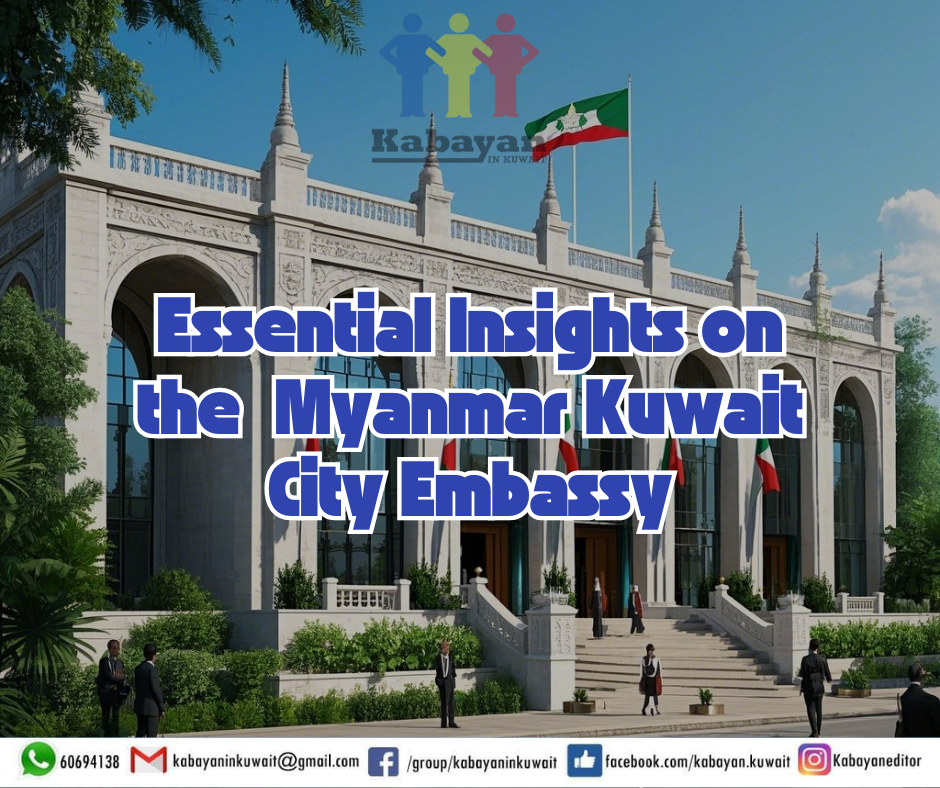Empowering Traditions: Powerful Ways Ramadan Unites Kuwait

Ramadan is a sacred month observed by Muslims around the world, marked by fasting, prayer, and reflection. This period is especially significant in Muslim-majority countries, where its observance is steeped in rich cultural and religious traditions. In Kuwait, these customs offer a unique glimpse into the country’s historical and spiritual fabric. While many practices have evolved over time, the essence of Ramadan remains deeply embedded in Kuwaiti society. This article provides an in-depth exploration of how Ramadan is celebrated in Kuwait, with a focus on traditions, rituals, and the cultural significance of this holy month.
The Significance of Ramadan in Islam
Ramadan is one of the most important observances in the Islamic calendar. It commemorates the month when the Quran was revealed to the Prophet Muhammad by Allah. The exact dates of Ramadan change each year, as they are determined by the sighting of the moon, typically falling between mid-May and June. During this month, Muslims worldwide engage in fasting from dawn until sunset, a practice known as Sawm, which is one of the Five Pillars of Islam. Fasting is not merely about abstaining from food and drink; it also involves refraining from sinful behavior, increasing acts of worship, and fostering a deeper connection with God.
In Kuwait, as in other Muslim countries, Ramadan is not just a time for individual reflection but also a period of communal activities and social gatherings. It is a time when the nation comes together in collective worship, generosity, and the celebration of shared traditions.
Ramadan in Kuwait: A Blend of Tradition and Modernity
Kuwait’s observance of Ramadan is characterized by a unique blend of ancient customs and modern practices. While some traditional activities have faded over time, replaced by more contemporary customs, many Kuwaitis still hold on to practices that have been passed down through generations. These traditions not only define the way Ramadan is celebrated in Kuwait but also reflect the cultural identity of the Kuwaiti people.
Al-Kareesh: The Last Supper Before Ramadan
One of the now largely forgotten customs in Kuwait is the celebration of Al-Kareesh, which marked the last day before the start of Ramadan. This day was significant because it was the final opportunity for families to gather for lunch before the fasting period began. The meal was a sumptuous affair, signaling the transition from regular daily routines to the spiritual and disciplined practices of Ramadan. The sound of the cannon firing was a key moment during Al-Kareesh, symbolizing the end of the day and the beginning of the fasting period.
Fasting and Nightly Prayers
Fasting from dawn to dusk is the cornerstone of Ramadan. In Kuwait, this practice is accompanied by nightly prayers, known as At-Taraaweeh. These prayers are performed in congregation and are a way for Muslims to spiritually cleanse themselves and draw closer to Allah. In the past, it was common for Kuwaitis to complete multiple readings of the Quran during Ramadan, a practice still observed by many devout Muslims today.
The spirit of generosity is also heightened during Ramadan, with many Kuwaitis going out of their way to help those in need. It is customary for families to provide Iftaar meals (the meal to break the fast) at Masjids (mosques) for the less fortunate. This act of charity is seen as a way to purify one’s wealth and soul, and to share the blessings of Ramadan with others.
The Firing of the Cannon: Al-Waaridah
In a tradition that continues to this day, the firing of the cannon at sunset, known as Al-Waaridah, signals the breaking of the fast. This event is eagerly anticipated by children, who gather around the cannon to witness the moment when the fast officially ends. The joyous atmosphere that follows the cannon fire is one of the highlights of Ramadan evenings in Kuwait, with families and friends coming together to enjoy the Iftaar meal.
The Abu Tabeelah: Waking the Neighborhood for Suhoor
Another unique tradition in Kuwait is the role of the Abu Tabeelah, the man of the drum. This individual is responsible for waking the neighborhood late at night so that people can have their Suhoor (the pre-dawn meal). The Abu Tabeelah walks through the streets, chanting praises of Allah and the Prophet Muhammad to ensure that everyone wakes up in time to eat before the day’s fast begins. This tradition not only serves a practical purpose but also reinforces the communal spirit of Ramadan.
Traditional Kuwaiti Dishes During Ramadan
Food plays a central role in the observance of Ramadan, with certain dishes becoming synonymous with the holy month. In Kuwait, several traditional recipes have been passed down through generations, particularly those that are simple to prepare, nutritious, and easy to digest.
One of the most beloved dishes during Ramadan is Al-Harees, a dish made from mashed wheat and meat, typically served with clarified butter and sweetened with sugar and ground cinnamon. Al-Harees is a staple in many Kuwaiti households during Ramadan, valued for its simplicity and rich flavor.
Another popular dish is At-Tashreeb, a type of yeast bread served with gravy, potatoes, gourd, and dry lemons from Oman. This dish is particularly favored for its hearty and comforting qualities, making it a perfect meal to break the fast.
Additionally, Kuwaiti sweets are a highlight of Ramadan, with Luqmat Al-Qaadi being one of the most popular desserts. This sweet treat is made from fermented dough, cardamom, saffron, and butter, fried until golden brown and then soaked in a sweet syrup. The use of aromatic spices like saffron and cardamom is a distinctive feature of Kuwaiti cuisine, adding a unique flavor and fragrance to the dishes.
The Night of Al-Qadr: A Night of Spiritual Significance
One of the most significant nights during Ramadan is the Night of Al-Qadr, also known as the Night of Decree. This night, which falls on one of the last ten nights of Ramadan, is believed to be when the Quran was first revealed to the Prophet Muhammad. Muslims believe that prayers offered on this night are particularly powerful and that the night is filled with divine blessings.
In Kuwait, the Night of Al-Qadr is observed with great reverence. Thousands of Muslims gather in mosques across the country to pray and seek Allah’s forgiveness. The night is marked by extended prayers, Quran recitations, and reflections on one’s faith and actions. The spiritual atmosphere during the Night of Al-Qadr is profound, with many people spending the entire night in worship.
The Grand Mosque: The Heart of Ramadan in Kuwait
The Grand Mosque of Kuwait, the largest mosque in the country, plays a central role in the observance of Ramadan. Spanning 45,000 square meters, the mosque is a place of gathering for thousands of worshippers, particularly during the last ten nights of Ramadan when the Taraaweeh prayers are performed. The mosque can accommodate up to 180,000 devotees, making it a focal point for communal worship and spiritual reflection during the holy month.
Conclusion: The Enduring Spirit of Ramadan in Kuwait
Ramadan in Kuwait is a time of deep spiritual reflection, communal worship, and the preservation of cultural traditions. While some practices have evolved over time, the essence of Ramadan remains unchanged—a period of fasting, prayer, and generosity that unites the Kuwaiti people in their shared faith and heritage. The rich traditions associated with Ramadan in Kuwait, from the firing of the cannon to the preparation of special dishes, offer a glimpse into the cultural and spiritual life of this vibrant nation. As Kuwaitis continue to observe Ramadan with devotion and reverence, the holy month remains a cornerstone of their religious and cultural identity.
To read more from us: Click Here
To read more of the Traditions in Kuwait: Click Here






